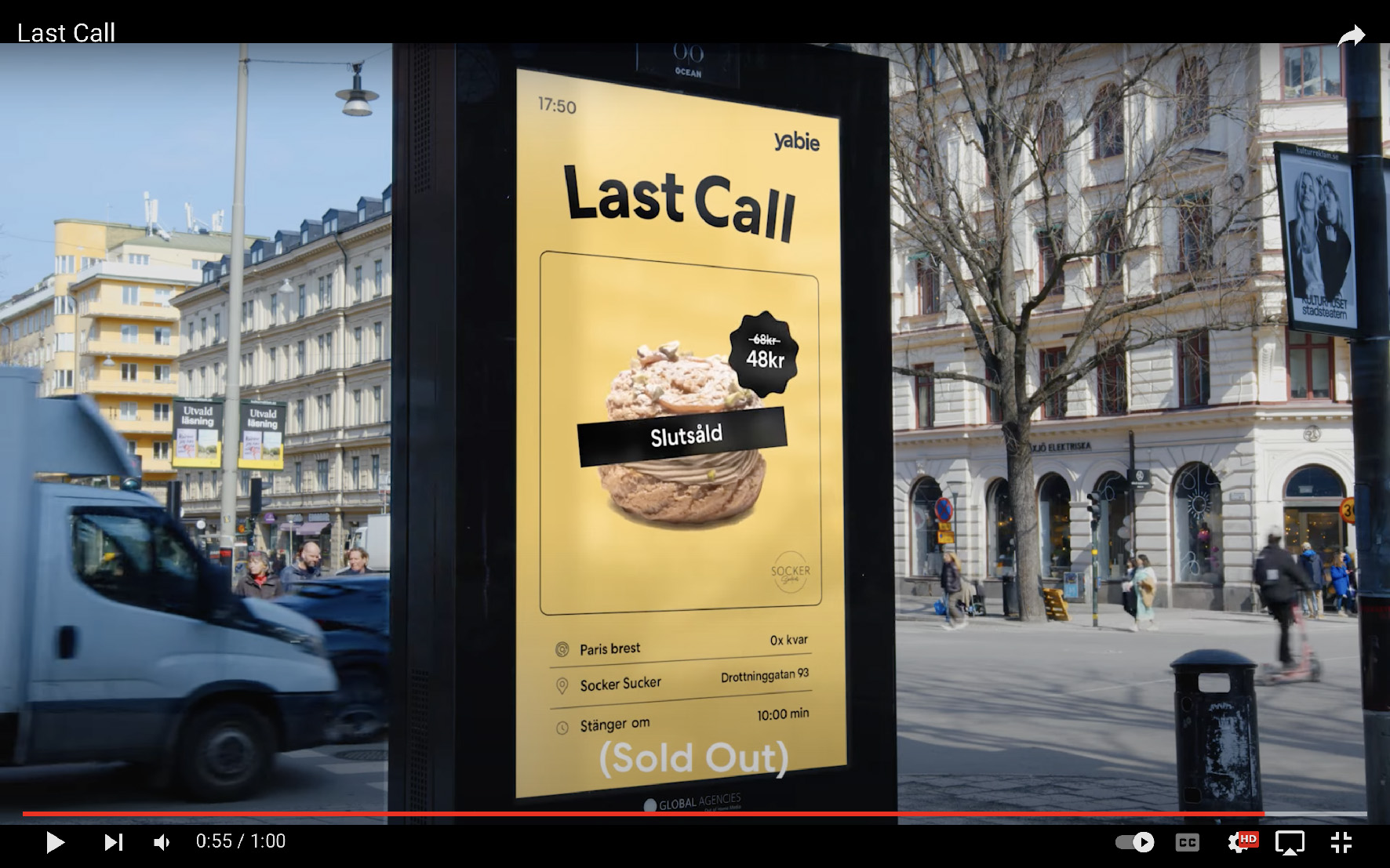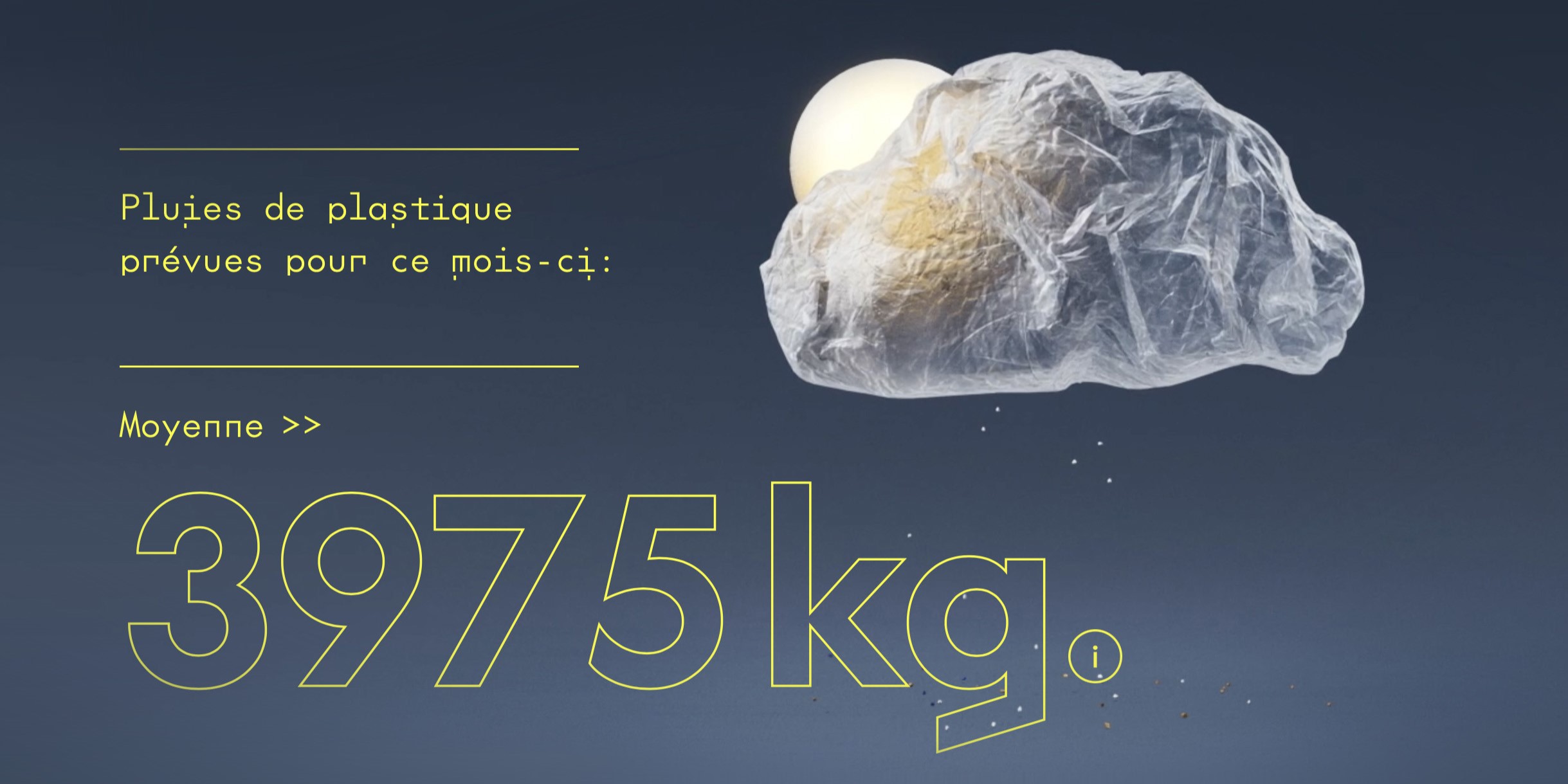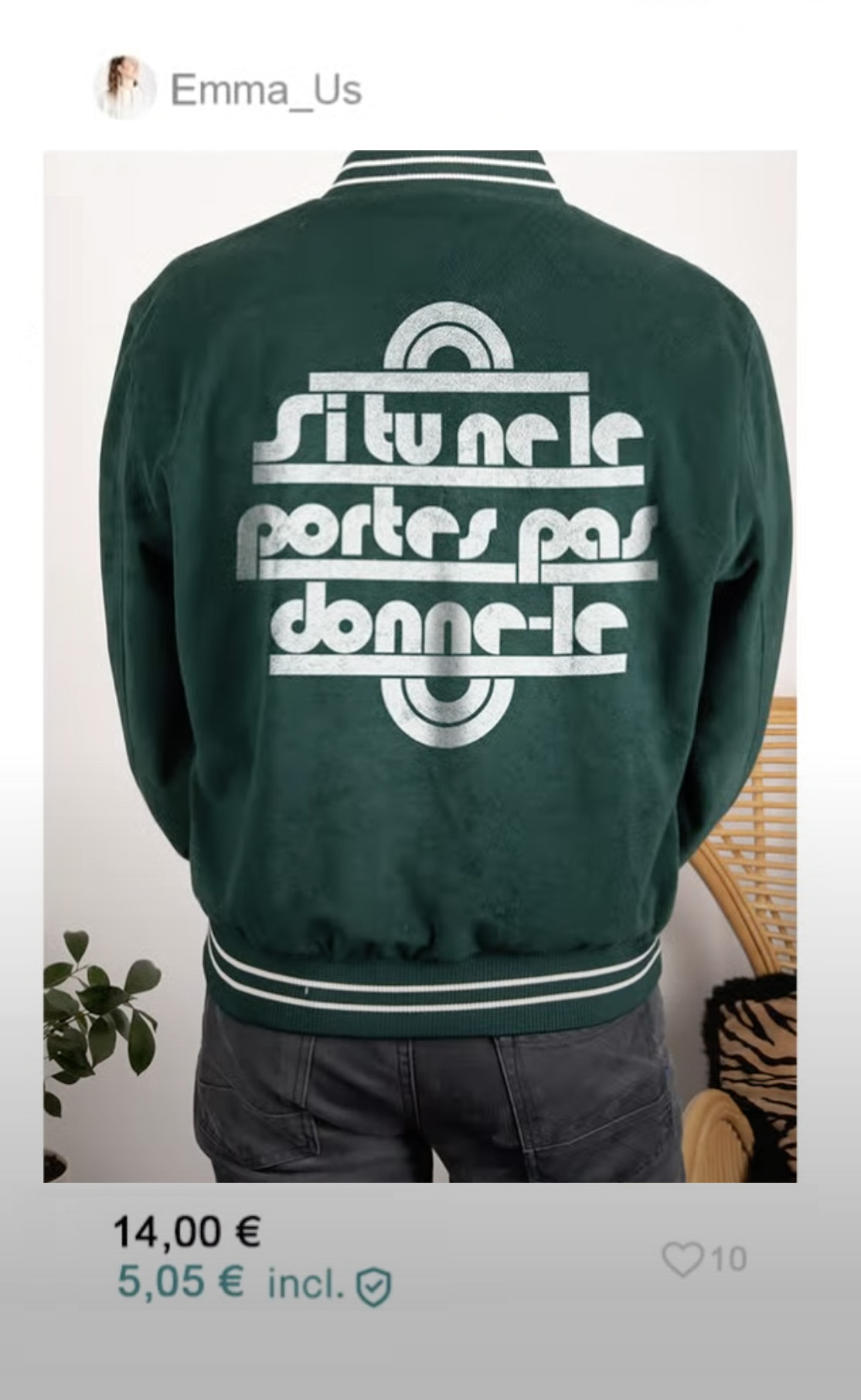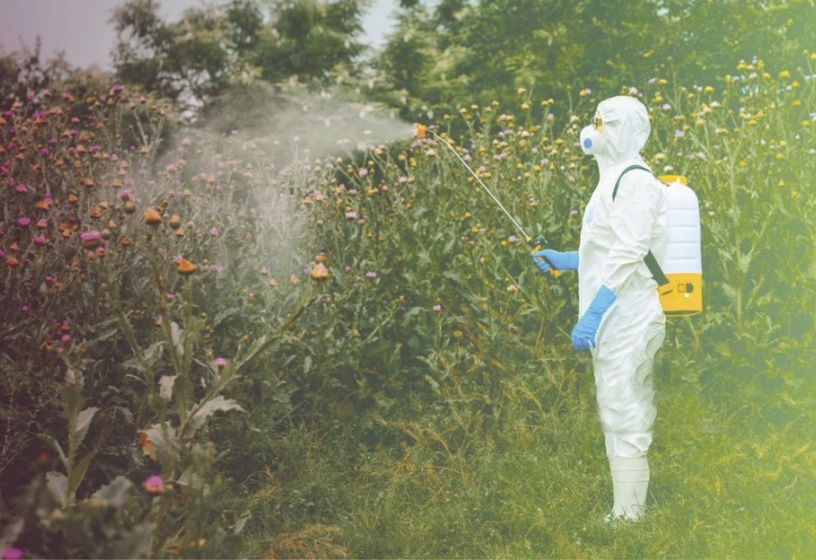By using the codes of a classic weather forecast, an Australian organisation is raising awareness of the impact of microplastics, which are invisible to the naked eye yet very present and dangerous. The Minderoo Foundation's campaign, called "The Plastic Forecast", uses urban posters to alert passers-by to this increasingly worrying issue.
Plastic waste breaks into thousands of fragments with the wind, light, and oxidation before dispersing into the atmosphere and falling bad to Earth or on sea. It can remain there for up to 2,000 years. To date, there are 500 times more microplastic particles in the ocean than stars in the galaxy. The most significant source of these particles turn out to be car tyres, but also laundry processes and the degradation of plastic waste in our oceans. Another unsuspected source of microplastics is the products that fill our bathroom shelves. Shower gels, shampoos, deodorants, and cosmetics all contain them. We are confronted with them daily, posing
a significant public health problem.
How does this forecast work? A funnel measuring one square meter is installed, collecting the micro-particles collected in order to analyse them under a microscope to calculate their size. By multiplying by the surface area of the city, the foundation can determine the amount of plastic that falls each day, just like rain. Their website provides weekly, monthly, and annual weather forecasts, as well as an appeal to world leaders to sign an open letter calling for an actual treaty against plastic pollution.
















